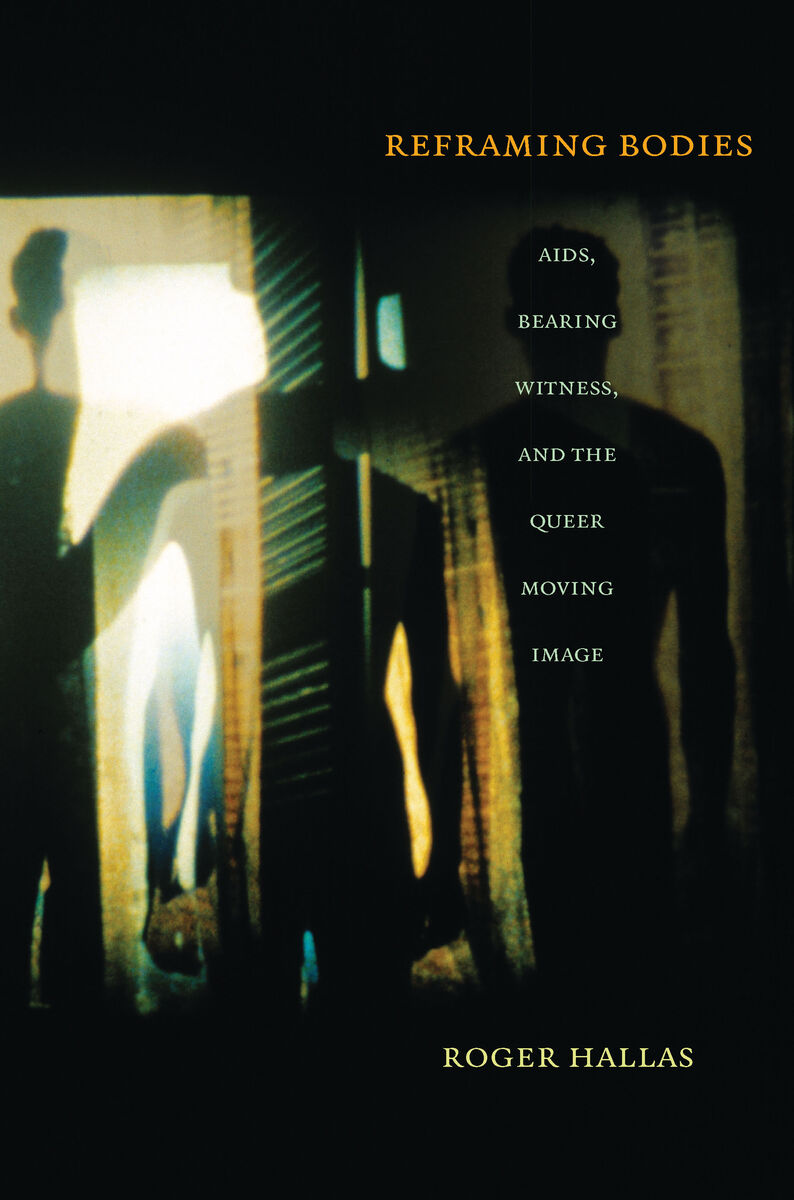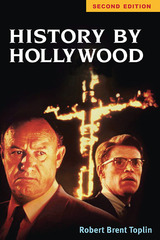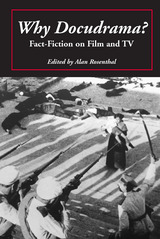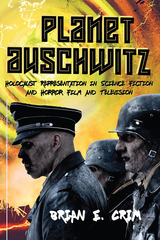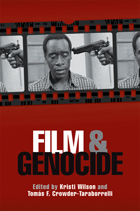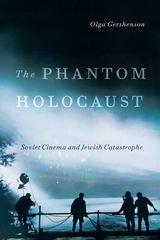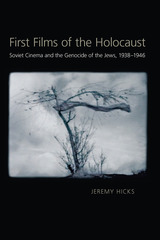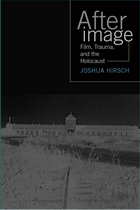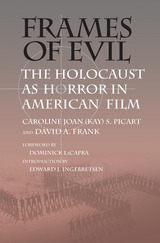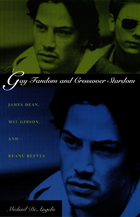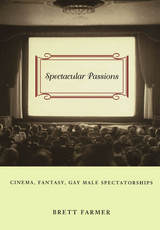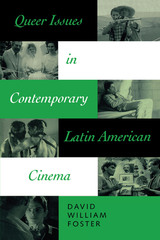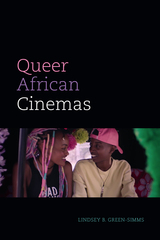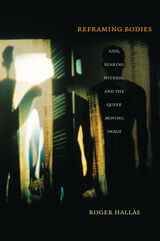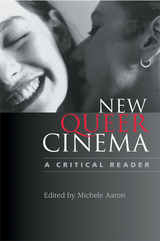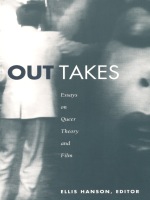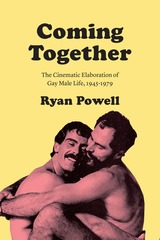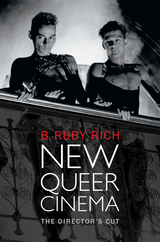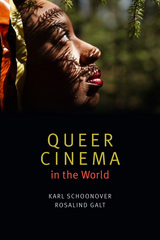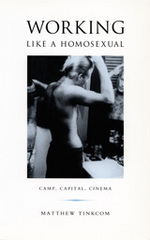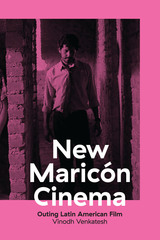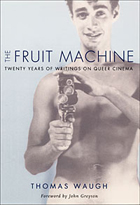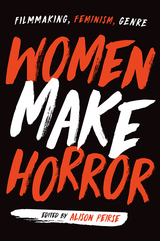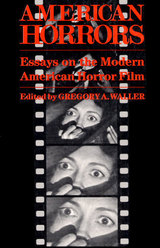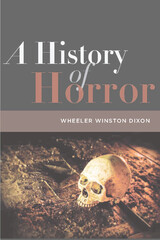“And although he does a solicitous and richly nuanced job of situating these works in the ever-shifting cultural dynamics of their production and reception, Reframing Bodies does much more than provide a descriptive and historicist re-appraisal of these video/film texts (although in this enterprise it is both detailed and insightful). Beyond the particularity of Hallas’ interest in AIDS, homosexuality and representation, Reframing Bodies will also be essential reading for scholars and students of both memory/trauma studies and film/media studies more generally.” - Dion Kagan, Screening the Past
“Hallas looks at reframings of film and video conventions like autobiography, home movies, song, museum installations, and news reports. . . . It is wonderful to see attention given to this important archive. One wishes these were all on DVD and that Hallas could offer commentary as one viewed them! In his thoroughness, Hallas collects a wide range of voices in a kind of fraternity, but one based in a n embrace of complexity and difference and never denying the multifaceted trauma of AIDS. Taken together, they say something different than what each could say alone.” - Chael Needle, Art & Understanding
“This book presents an original and intriguing re-evaluation of queer film and videos made between the mid-1980’s and the early 2000’s in response to the AIDS epidemic. . . . Reframing Bodies expands our understanding of the political importance of visual media to the act of witnessing and the ongoing efforts of AIDS activism.” - James Polchin, Gay and Lesbian Review/ Worldwide
“With Reframing bodies, Roger Hallas has written a complex yet accessible book that manages to recapture the sense of urgency animating earlier queer AIDS media. But it is not nostalgic. It is also a moving work that reminds us that the AIDS crisis is far from over and that our duties to those afflicted have not abated.” - David Caron, Culture, Health & Sexuality
“This is an important, informative, persuasive and timely book. . . . Reframing Bodies is a significant testament and testimony, itself bearing witness to a criminally unrecorded and underexamined time in our lives.” - Monica B. Pearl, Screen
“This excruciating, tender and evocative book not only produces a timeline of politicized queer corporeal action but peels back the intrinsic value between intersubjectivity and representation. Reframing Bodies explores the boundaries of visuality and visibility through an archive of AIDS activism and queer social history that leaves no rock unturned.” - Stephanie Rogerson, Fuse Magazine
“Roger Hallas ensures that HIV/AIDS activist media receives its critical due by showing not only its historical importance but also its formal complexity. Through his passionate engagement, keen sensitivity to shifting contexts of reception, and sophisticated account of the testimonial function of the moving image, he keeps this body of activist media, and its political and memorial legacies, alive for the future. ”—Ann Cvetkovich, author of An Archive of Feelings: Trauma, Sexuality, and Lesbian Public Cultures
“Roger Hallas is perhaps today’s leading expert on AIDS and the ‘queer moving image,’ and with Reframing Bodies he takes AIDS cultural studies in a variety of new, compelling directions. He makes important contributions about the practices and politics of homosexuality’s cultural visibility, the representational strategies mobilized around AIDS as a historical trauma experienced by gay men, and the ways that queer moving images allow us to rethink spectatorship, bearing witness, and trauma.”—Alexandra Juhasz, author of AIDS TV: Identity, Community, and Alternative Video
“In this incisive and well-written volume, Hallas argues that ‘reframing’ is fundamental to the success of AIDS films and videos in bearing witness to tragedy and trauma while putting forward or holding open alternative imaginings of social existence.”
-- Steven Epstein GLQ
“And although he does a solicitous and richly nuanced job of situating these works in the ever-shifting cultural dynamics of their production and reception, Reframing Bodies does much more than provide a descriptive and historicist re-appraisal of these video/film texts (although in this enterprise it is both detailed and insightful). Beyond the particularity of Hallas’ interest in AIDS, homosexuality and representation, Reframing Bodies will also be essential reading for scholars and students of both memory/trauma studies and film/media studies more generally.”
-- Dion Kagan Screening the Past
“Hallas looks at reframings of film and video conventions like autobiography, home movies, song, museum installations, and news reports. . . . It is wonderful to see attention given to this important archive. One wishes these were all on DVD and that Hallas could offer commentary as one viewed them! In his thoroughness, Hallas collects a wide range of voices in a kind of fraternity, but one based in a n embrace of complexity and difference and never denying the multifaceted trauma of AIDS. Taken together, they say something different than what each could say alone.”
-- Chael Needle A&U Magazine
“This book presents an original and intriguing re-evaluation of queer film and videos made between the mid-1980’s and the early 2000’s in response to the AIDS epidemic. . . . Reframing Bodies expands our understanding of the political importance of visual media to the act of witnessing and the ongoing efforts of AIDS activism.”
-- James Polchin Gay & Lesbian Review
“This excruciating, tender and evocative book not only produces a timeline of politicized queer corporeal action but peels back the intrinsic value between intersubjectivity and representation. Reframing Bodies explores the boundaries of visuality and visibility through an archive of AIDS activism and queer social history that leaves no rock unturned.”
-- Stephanie Rogerson Fuse Magazine
“This is an important, informative, persuasive and timely book. . . . Reframing Bodies is a significant testament and testimony, itself bearing witness to a criminally unrecorded and underexamined time in our lives.”
-- Monica B. Pearl Screen
“With Reframing bodies, Roger Hallas has written a complex yet accessible book that manages to recapture the sense of urgency animating earlier queer AIDS media. But it is not nostalgic. It is also a moving work that reminds us that the AIDS crisis is far from over and that our duties to those afflicted have not abated.”
-- David Caron Culture, Health & Sexuality
